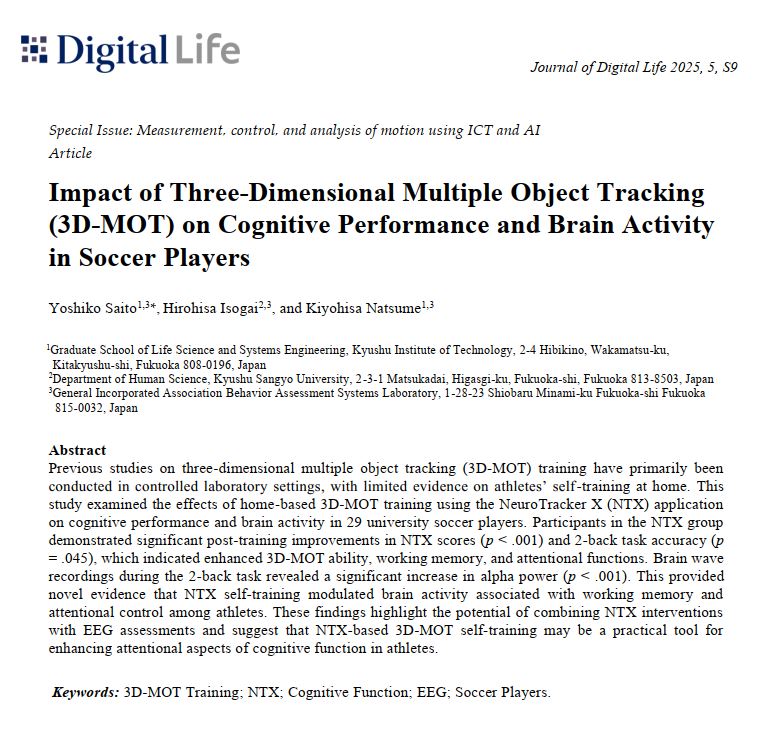Welcome to the Research and Strategy Services at in today's fast-paced.


It’s no surprise that sport changes the brain. But, is the brain responsible for sporting success? Are there emerging technologies that offer a shortcut to training your brain? In his new book, “The Athletic Brain,” Amit Katwala investigates advanced sports technologies and possible shortcuts in the development of athletic brains. Check out the key insights from this award-winning sports journalist and Senior Writer at Sport Magazine.
Katwala draws parallels between the cognitive domain and enhanced performance in multiple sports. After all, sports success isn’t determined simply by physical prowess right? Katwala uses Wayne Rooney as a prime example of the importance of mental prowess in sports success. As you may already know, Rooney is often stigmatized for his lack of intelligence. But, this categorization is unfair.
Rooney possesses a unique sports intelligence. In fact, when it comes to split-second awareness and decision-making on the field, his abilities are almost superhuman. It’s his heightened mental skill that allowed him to score the greatest goal in the first two decades of the English Premier League (EPL).
Elite athletes spend a lifetime sharpening not only their physical skills, but also developing their mental capacities to become the best. They push the boundaries of performance beyond current limits to gain a critical advantage. Just look at the success factors behind sports stars such as Cristiano Ronaldo, Roger Federer, Tiger Woods and Lewis Hamilton. These stars have strengthened their mental capacities to optimize their sports success.
From the ‘Footbonaut’ to touchscreen-based games in the NFL to NeuroTracker, Katwala examines the technologies being increasingly adopted by sports professionals. The ‘Footbonaut,’ for instance, is credited for the success of Borussia Dortmund, who happens to be one of the first users of the machine.
In “The Athletic Brain,” Katwala also visits Mick Clegg’s ‘Elite Lab,’ a brain gym that is located in England. Clegg is a former coach for Manchester United F.C., and hosts sophisticated training gear such as FitLight and Dynavision D2. Katwala interviews Clegg about his cognitive training journey. He discusses the experiments Clegg undertook in his 11 years of coaching athleticism at Man United, with the likes of Cr7, Roy Keane and David Beckham.
Clegg’s epiphany occurred when he realized the importance of ‘rapid cognition’ in competitive sport. He understood that the ‘need for speed’ in game all related to perceiving, deciding and reacting faster than the competition. Clegg’s quest for increasing cognitive speed led him to NeuroTracker, a cognitive training tool. He found NeuroTracker useful for not only one footballer, but for the entire team.
Katwala examines how cutting-edge studies are being applied to sports. Throughout his book, his examples help explain the complex interactions going on in the brain. He also reveals how training the brain is yielding real results in the sports realm. Katwala also tackles why some athletes are able to push themselves further, and others crumble under pressure.
While “The Athletic Brain” mainly focuses on 'mental' aspect of elite sport, it also explores how these tools are increasingly becoming available to the ordinary amateur. As a result, they are revolutionizing the ways people train and develop their skills in sports.
Katwala’s book is certainly recommended for anyone with an interest in sports training or coaching, or seeking to become a professional athlete. At the same time, it is also accessible for the casual sports fan or amateur athlete. Katwala succeeds in providing insights into how we can train like a pro, and apply these insights to our own lives.







Welcome to the Research and Strategy Services at in today's fast-paced.

Cognitive performance is naturally dynamic — not static. This guide explains what normal variability looks like, how to distinguish fluctuation from decline, and why patterns matter more than single days.

Standardized testing environments combine predefined formats and time limits that narrow how knowledge can be expressed. This interpretive guide help to distinguish structural constraint from reduced cognitive capacity.

Divided attention demands can alter performance through multiple processing streams rather than reducing cognitive capacity. This article interprets how to distinguish structural allocation from diminished ability under environmental constraint.
.png)